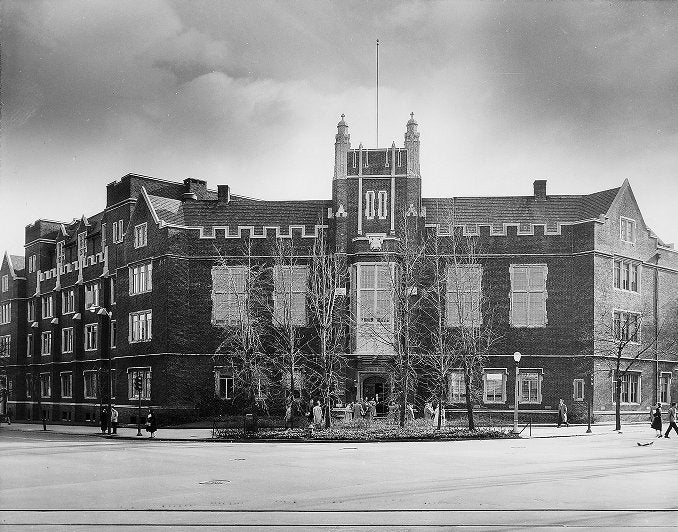In 1959, a team led by Zellig S. Harris and Henry Hiz of the University of Pennsylvania’s Department of Linguistics created the first computer program that could analyze the grammar of a human language. Using this program, the University’s UNIVAC I computer could determine the case or tense of any verb and how it functioned in a sentence. Furthermore, the computer could determine whether the sentence was well-formed and correctly spelled according to the rules of the English language, making this program the ancestor of all spelling and grammar checkers.
Hiz and Harris were both distinguished theorists, especially of mathematical approaches to linguistic analysis. Harris’s theoretical work later would find applications in information retrieval from computer databases.
Computer experience also generated research money for the Department of Linguistics; the Department of Defense contracted Linguistics to do an unusual task for them at the UCC. The Pentagon wanted Linguistics to produce the largest rhyming dictionary yet compiled. Linguistics researchers successfully executed the contract by programming the UNIVAC I to perform a series of complex manipulations of an existing dictionary.

